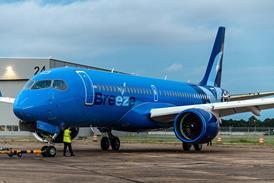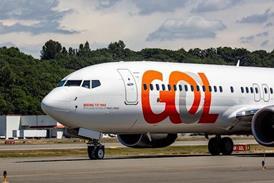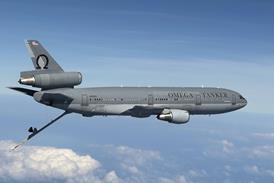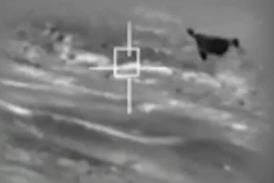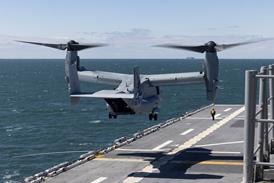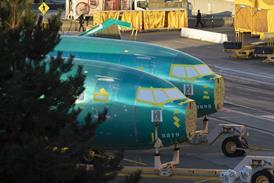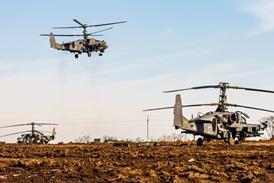The loss of flight MH17 is not about Malaysia Airlines. Everyone in the aviation industry knows what a cruel irony it is that this carrier has lost a second Boeing 777 with everybody on board – again apparently through no fault of its own – and empathises with its employees at a dark time.
Of course, if this disaster is confirmed as the unintentional shoot-down it appears to be – unintentional in the sense that MH17 was not the intended target – we condemn the trigger-happy carelessness that led to it, and the Russian government for supporting the unrest in eastern Ukraine that created the circumstances in which such an act could take place. There is no reason to doubt evidence that the fatal missile was launched from separatist-held eastern Ukraine. It is almost beyond belief that Russian President Vladimir Putin would risk putting in rebel hands weaponry of this power without having control over its use. Perhaps it will turn out not to be so, but at present Russia’s “explanations” for the shootdown have zero credibility.
There are reasons to be optimistic about a high quality independent international investigation carried out strictly according to the International Civil Aviation Organisation’s Annex 13, which governs standards for accident investigation. This is despite the disadvantages the investigators face: the accident site was unsecured for a week or more, and the flight data
and cockpit voice recorders were in the hands of unauthorised rebel personnel for several days before being handed over. At the time of going to press, the UK Air Accidents Investigation Branch had been tasked with downloading the recorders and passing the results to the Dutch Safety Board, the designated lead agency. The AAIB reports the cockpit voice recorder had been downloaded and did not appear to have been tampered with. But the fact that evidence and equipment was not held in sterile conditions while awaiting professional investigation gives any nation that does not like the report’s conclusions the opportunity to dismiss them. We hope no-one will stoop that low.
Meanwhile, there is a case for reviewing the way airspace status over conflict zones is rated. At present there is no standardised system. ICAO is the only agency with the credibility to run such an advisory system, which can only ever be advisory anyway. But a system where intelligence-based warnings are fed to ICAO, and where it issues a categorised risk level that the airlines understand, would be a good start.
Source: Flight International


